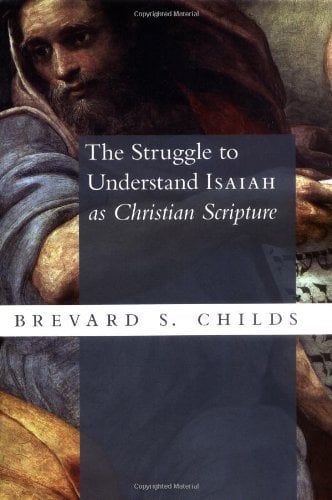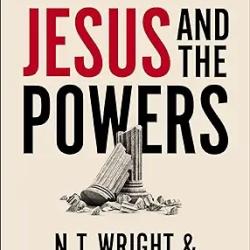John Calvin (1509-1564) was the exegete par excellence amongst the early Protestant divines, even though in the nineteenth and twentieth centuries he has been better known for his theological institutes. Calvin’s commentating was philologically and historically oriented, like some of his predecessors, and like those of a more Antiochian orientation, he had real issues with allegorizing of the Biblical text. Perhaps here is a good point to make some distinctions.
There is a difference between a straight allegory (see e.g. Bunyan’s Pilgrim’s Progress), which has its referents and real meaning entirely outside the narrative or story it tells, and a narrative that has some allegorical or symbolic elements, again where the meaning of those elements is outside the story itself, and finally the allegorizing of non-allegorical texts, or the over-allegorizing of texts that are not full-blown allegories. Mostly what the church fathers of an Antiochian bent were complaining about was those last two approaches—allegorizing a non-allegorical text or over-allegorizing a text with only some symbolic elements in it, like a parable.
A summary of Calvin’s exegetical principles included his concern for clarity and brevity, the determining of the intention of the author, the establishing of the historical, geographical and institutional background, and the analyzing of the literal grammatical meaning of a text within its literary context. Calvin was also concerned to find Christ in the OT, but this raised the spectre of allegorizing.
In his introduction to his Isaiah commentary, Calvin says of the prophetic book that it contains no human reasoning but only the oracles of God revealed by God’s Spirit. Calvin however had a good liberal arts or humanist education. He was a scholarly interpreter of Seneca before he ever wrote any Biblical commentaries and the evidence shows he applied basically the same close reading of the sensus literalis of the text in both enterprises, paying attention to intentionality, style, philology, historical and literary context. Calvin however did not think that the Bible could adequately be interpreted just the same as any other book because it was uniquely the Word of God from cover to cover, all of it. As such it had both a divine and human authors and one had to have some finesse to understand the relationship between the human and the divine in Scripture. “Calvin’s notion of the literal sense is deep enough not to need another textual level to carry a spiritual meaning by means of allegory. Rather the literal sense is the true and genuine meaning of scripture.” The theological content is in the narrative itself, it is expressed in the narrative about God’s divine plan of redemption of humankind. The larger theological narrative arc provides a framework for rightly interpreting individual passages. Calvin did not see himself as imposing an independent dogmatic framework on Scripture but rather reading a theological framework in Scripture.










